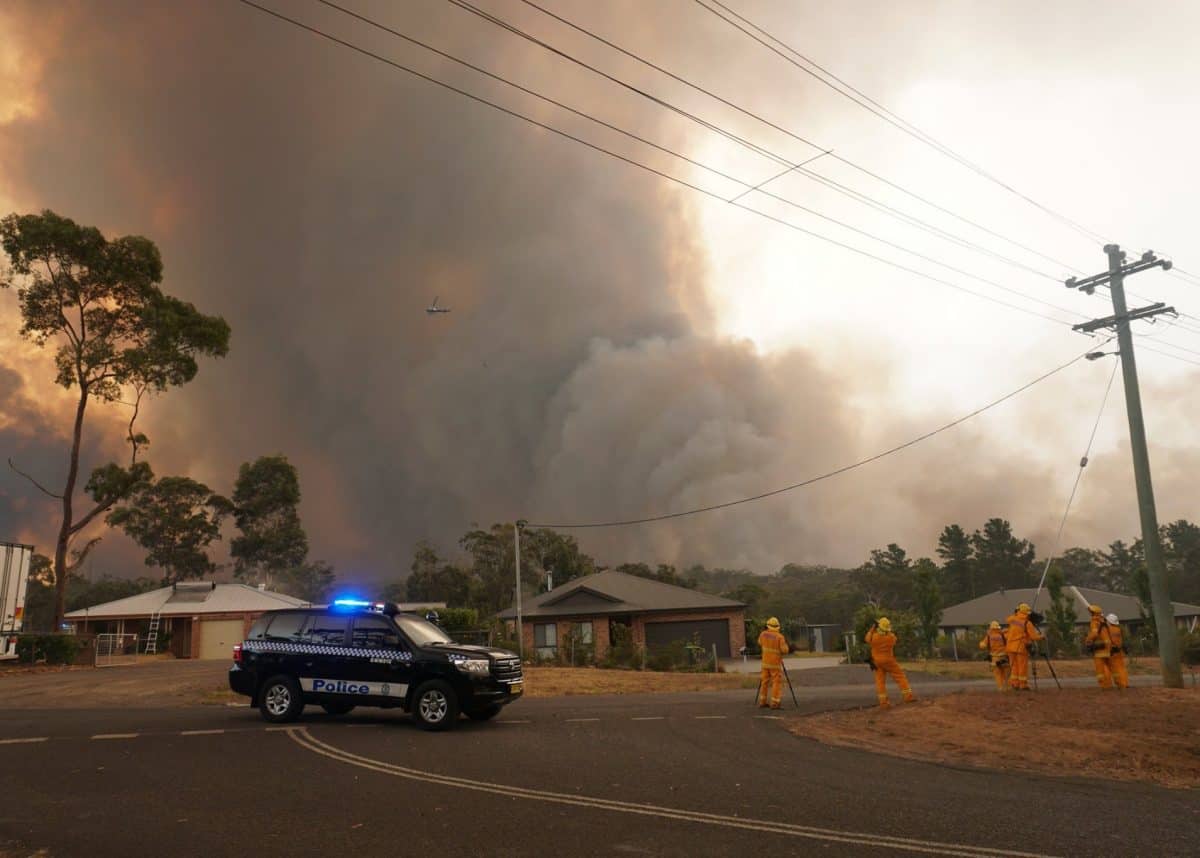Wetter conditions in Australia will lower the risk of bushfires this spring, meaning a rerun of the widespread spring 2019 fires is unlikely.
This is the optimistic news from a report released by the Bushfire and Natural Hazards Cooperative Research Centre on Monday.
Report is notably different to 2019’s one
The organisation’s outlook for September – November 2020 is notably different from the same report published this time last year, when it predicted a high fire risk over large parts of Victoria, New South Wales and Queensland.
A number of areas in Queensland still show ‘above normal fire potential’ and there are two small areas of the Northern Territory at similar risk. But otherwise the rest of the country is at ‘normal fire potential’.
Current and predicted climate conditions over the next three months indicate above-average rainfall, which will lower the likelihood of fires and give some welcome respite to the nation’s volunteer fire crews.
Warning that vegetation growth will increase
However, there is a warning that wetter weather will increase vegetation growth. This, in turn, will fuel fires that may occur later in the summer season. There is particular risk west of the Great Dividing Range, and to the cropping and grassland areas on the range.
“Last year at this time it was already looking pretty terrible because we knew we were coming in off a long period of below-average rainfall and there were already townships then that didn’t have enough water to drink, never mind to fight fires,” said the Chief Executive of the Bushfire CRC, Dr Richard Thornton.
“This year we are already seeing a La Niña alert. We are unlikely to see those big uncontrollable fires that we saw last year. We will probably see a fairly normal fire season in the spring.”
But ‘normal’ doesn’t mean no fire outbreaks
He added: “But when we say ‘normal’, in a normal fire season in Australia there are still fires, and on any hot and windy day that’s dry, a fire could potentially start.”
Apart from easing the likelihood of a similar burden on firefighters, who were stretched beyond the limits in the 2019-20 Black Summer fire season, the likely respite would also be good news for communities who are already struggling to overcome the coronavirus pandemic.
Thornton also warned against people being complacent, saying that communities should use the respite to properly prepare their fire plans for later in the season.












